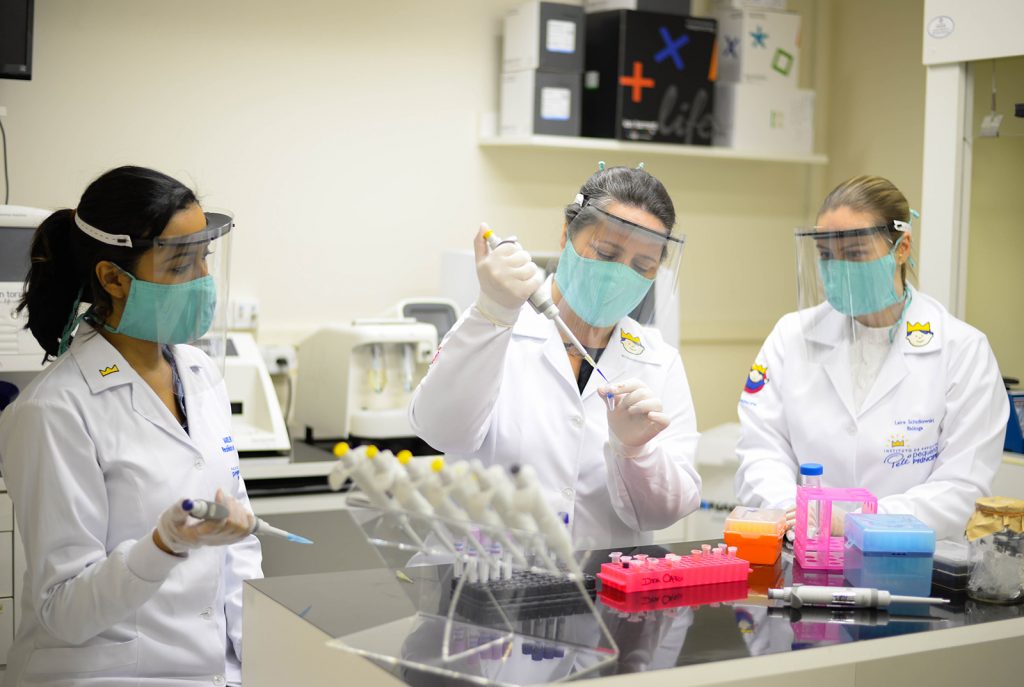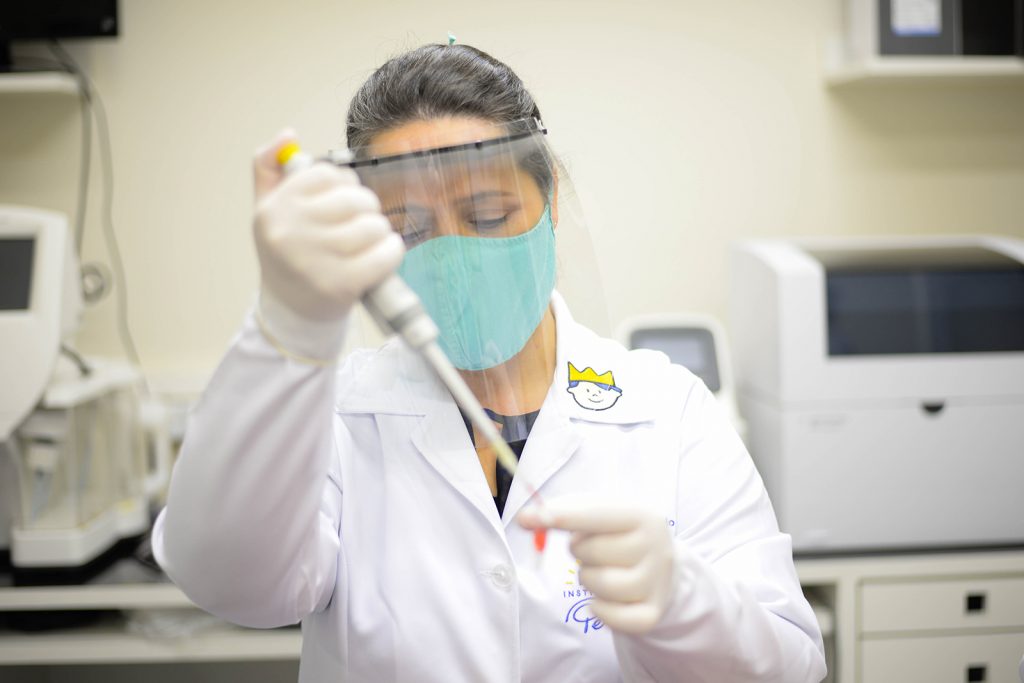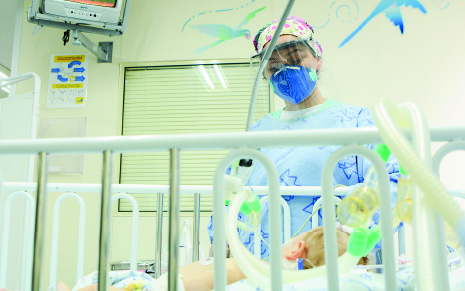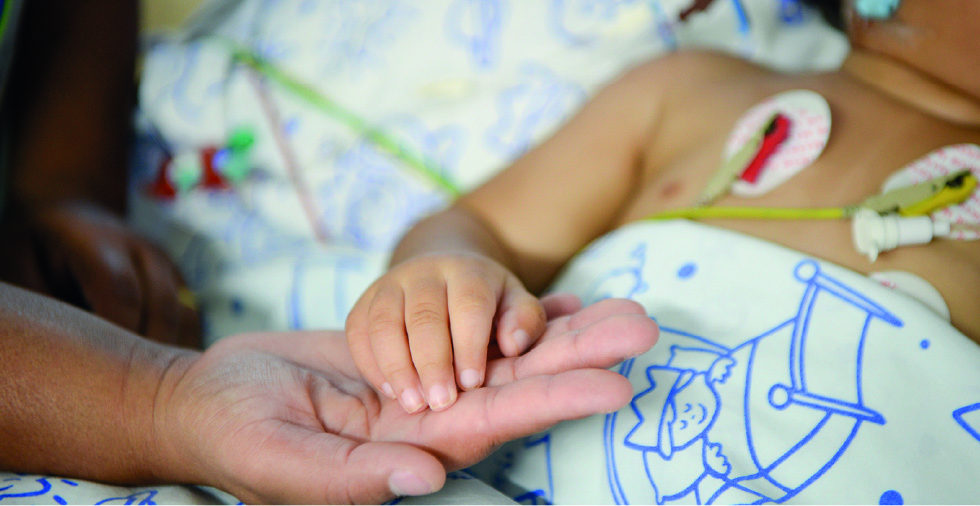Research investigates why some people are resistant to the coronavirus
Article with the participation of a scientist from the Pelé Pequeno Príncipe Research Institute seeks to understand why some people are not contaminated

A research project developed by an international consortium of scientists, the COVID Human Genetic Effort, wants to understand why some people are not contaminated by the coronavirus even after having close and prolonged contact with those diagnosed with COVID-19. “We are looking for those cases in which, for example, a couple shared the same bed, were together without a mask, and one of them had the disease in the severe form, and the other did not even have the virus detected in the body,” explains Carolina Prando, MD, immunologist and researcher at the Pelé Pequeno Príncipe Research Institute. “We have published an article in Nature Immunology journal that we define as conceptual: in it, the central question is: ‘along the lines of other situations where genetic variants show that there are people resistant to certain diseases, does this also happen with COVID-19?’. Based on this question, we point to ways to find this answer,” defines the specialist.
To participate in the study, besides physical contact, the person needs to have been exposed to the virus in 2020 or early 2021, before having taken the vaccine and preferably in the first three to five days of symptoms. “Whoever had the contact must have had tests for COVID-19 with negative results,” informs the researcher. “It is also important to emphasize that, for the research, we are looking for what we call ‘strong phenotype’: a person who, even exposed to a high viral load, through contact with someone who had severe COVID-19, did not test positive,” she details. To participate, besides fitting these characteristics, it is necessary to send an e-mail to the address contato@pequenoprincipe.org.br and wait to hear back from the team.
The research participants are being selected, and 500 samples have already been evaluated. “We are sequencing about 20,000 genes from each one to compare what those we call resistant have in common, and after that we will compare these characteristics with those who have been diagnosed with the disease in the acute form and what is different between these two groups.” The results of these studies should be released as early as 2022.

Consortium studies
The COVID Human Genetic Effort consortium is led by researchers Jean-Laurent Casanova, of The Rockefeller University, and Helen Su, of the National Institutes of Health (NIH). The project brings together immunologists from all over the world. In Brazil, besides physician Carolina Prando, the consortium’s board of directors includes the immunologist Professor Doctor Antonio Condino Neto, from the University of São Paulo (USP).
In another research recently released, about 10% of the critical cases of pneumonia by COVID-19 are caused by the presence of autoantibodies in the blood of patients. In the subgroup of lethal cases, the rate of autoantibodies reaches 20%. These antibodies specifically target type 1 interferons (IFN 1), which are considered essential in the body’s defense against viral infections, including the new coronavirus.
More
Number of COVID-19 cases in 2021 is four times higher than the previous year
Most of the children and adolescents who required hospitalization had no comorbidities
Childhood cancer in Brazil kills twice as much as in the United States
There is a lack of reference centers such as the Pequeno Príncipe Hospital, which offers care from diagnosis to bone marrow transplantation








